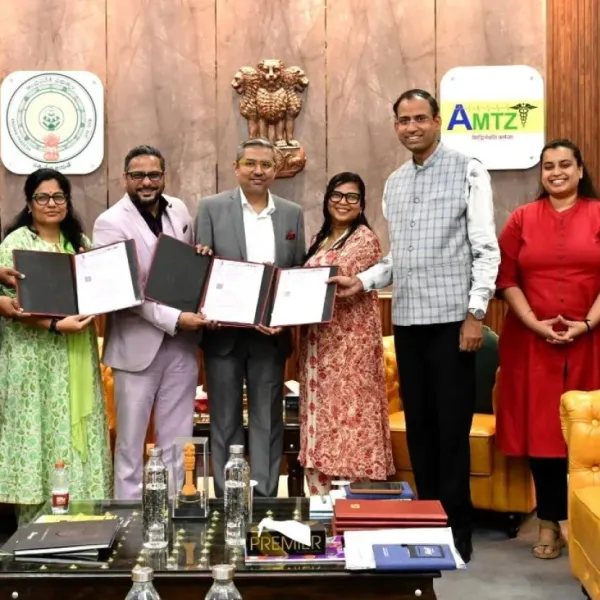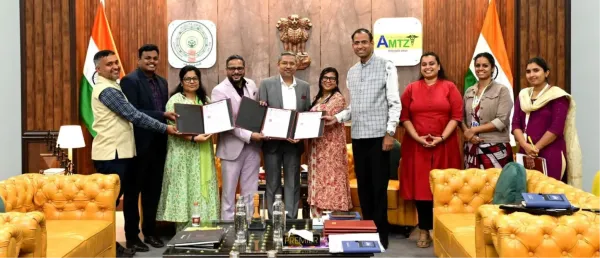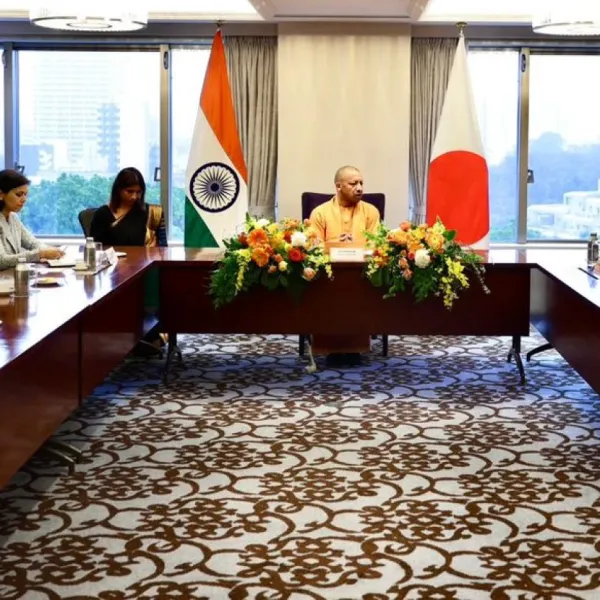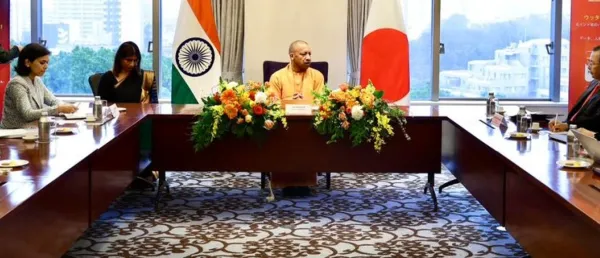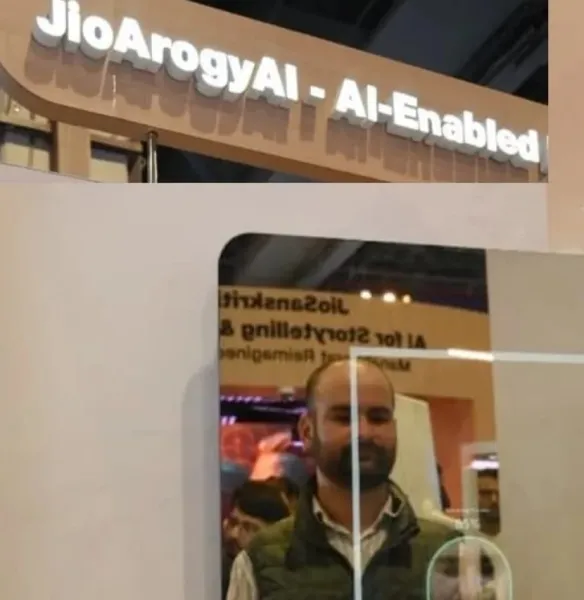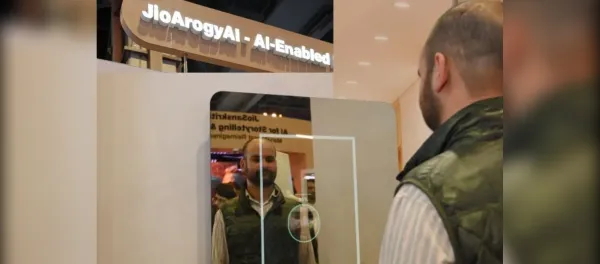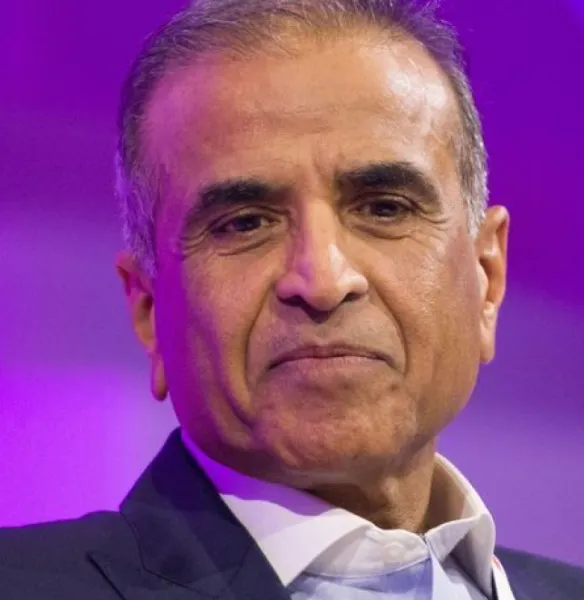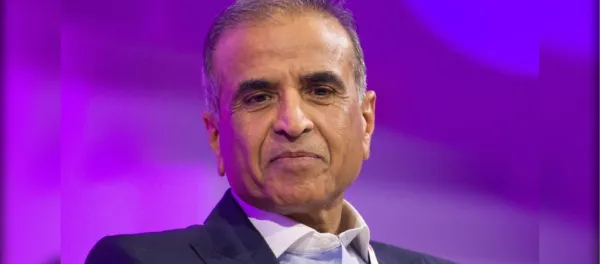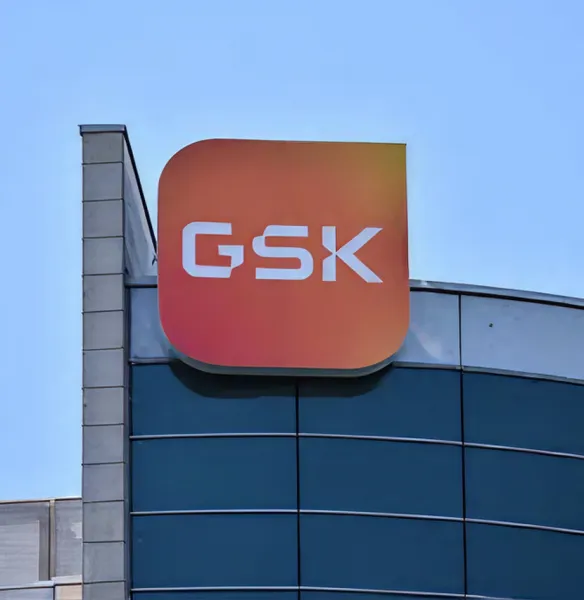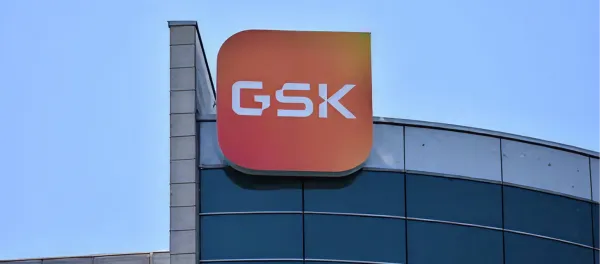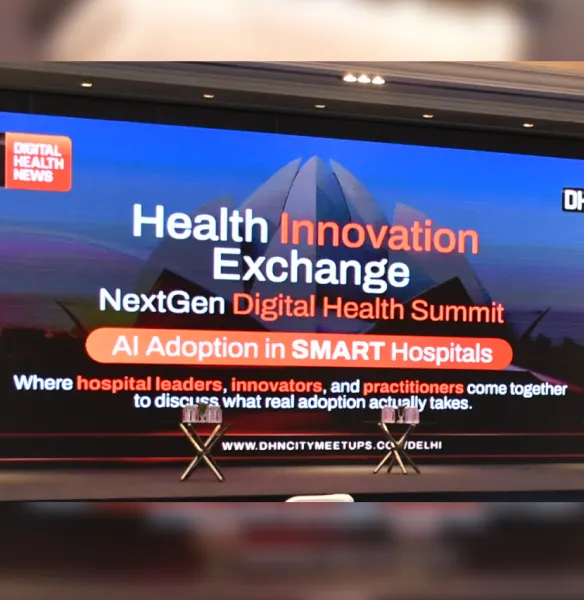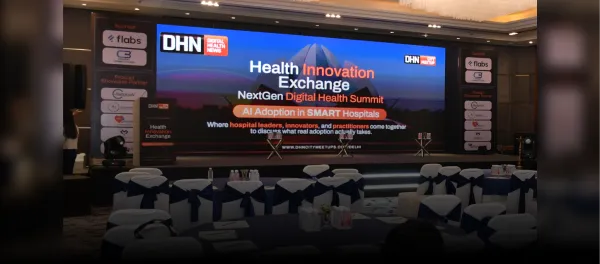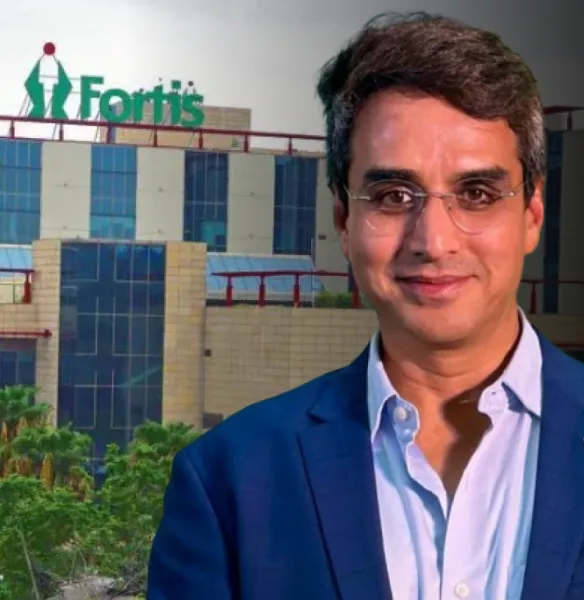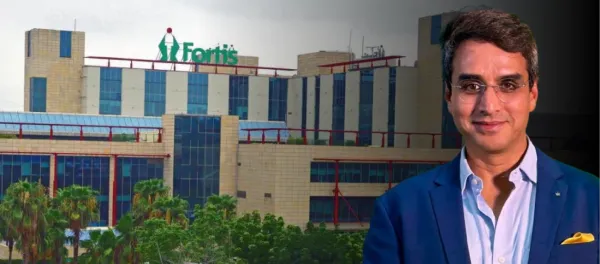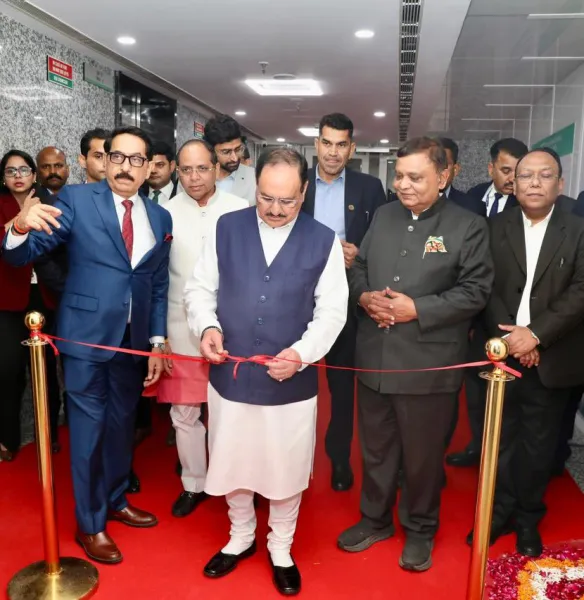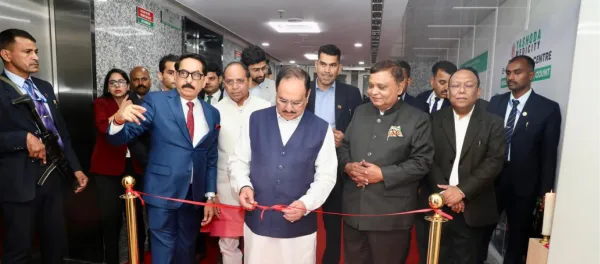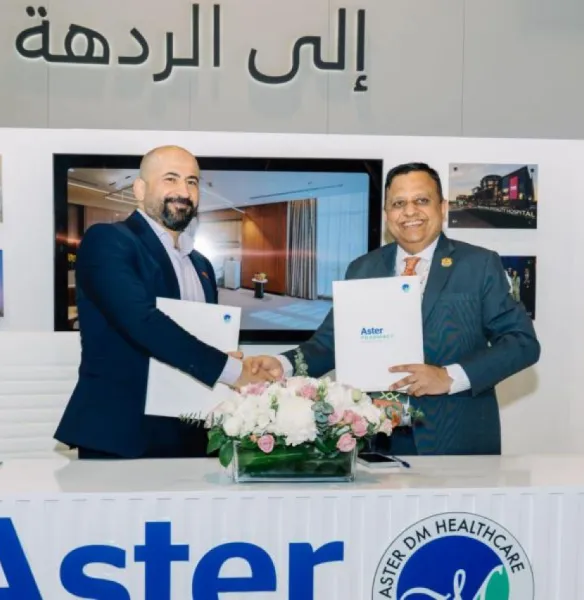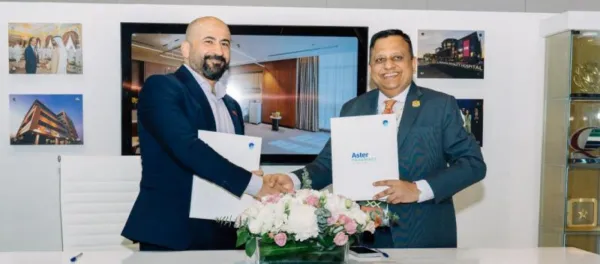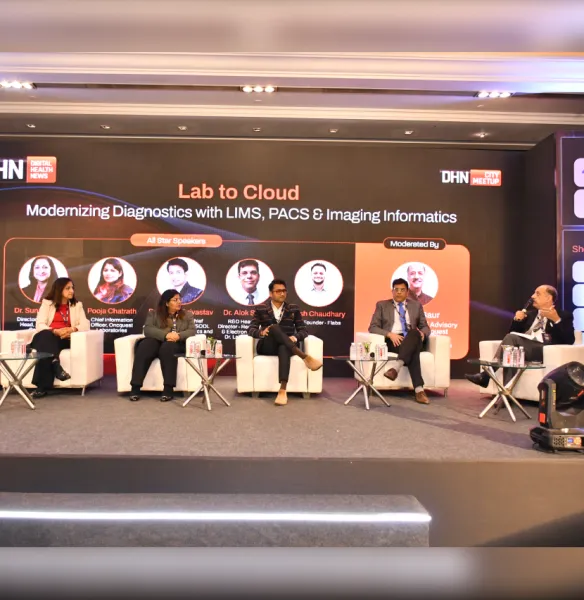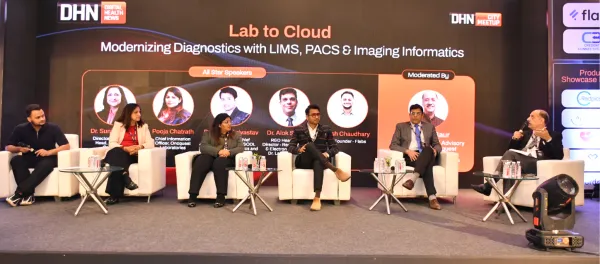Kerala Health Minister Launches Mobile Testing Unit to Combat Nipah

The mobile lab can conduct tests for bacteria, fungi, and other pathogenic organisms, along with food quality assessment. It is built with a double airlock system featuring onboard decontamination and biological waste processing capabilities.
The Rajiv Gandhi Centre for Biotechnology (RGCB) under the Union Department of Biotechnology has launched a cutting-edge and well-equipped mobile virology testing laboratory in Thiruvananthapuram, Kerala.
The initiative aims to strengthen the efforts to combat the Nipah virus infection that has been spreading across the state.
The mobile lab was inaugurated by Health, Woman, and Child Development Minister Veena George in front of the Kerala Assembly complex. This move by RGCB is seen as instrumental in expediting Nipah testing, allowing for the efficient analysis of additional samples.
At the inaugural event, the Health Minister said, 'œBiosafety Level 2 (BSL) plus Level 3 practices can be done in the lab where two machines will be working simultaneously. At any given point of time, each machine can handle around 96 samples and a total of 192 samples can be tested in the two machines.'
Developed by the Laboratory Medicine and Molecular Diagnostics (LMMD) division of RGCB, this unit is equipped with state-of-the-art machinery, that can be powdered through standard domestic outlets or its onboard diesel generator.
Moreover, the inventory includes advanced technologies including PCR machines, gel documentation systems, workstations, high-speed refrigerated centrifuges, minus 80-degree freezers, refrigerators, DNA/RNA extracting machines, and an autoclave.
Furthermore, the mobile lab can conduct tests for bacteria, fungi, and other pathogenic organisms, along with food quality assessment. It is built with a double airlock system featuring onboard decontamination and biological waste processing capabilities.
Additionally, the lab is connected to RGCB via the internet for prompt data analysis and result dissemination upon authorisation. Samples can be collected in a designated area accessible from the vehicle's rear and transferred through a UV-illuminated pass box to maintain a controlled and secure environment.
Deployed within the Kozhikode containment zone, the mobile lab will be operated by a team of six RGCB experts, delivering results within six hours of sample testing, including quick turnaround for a few number of samples.
Earlier in 2019, the Tamil Nadu government launched a similar initiative, where the state government had set up mobile medical teams in seven districts bordering Kerala to screen passengers entering the state for Nipah virus with symptoms including fever, acute encephalitis, and headache.
Stay tuned for more such updates on Digital Health News









